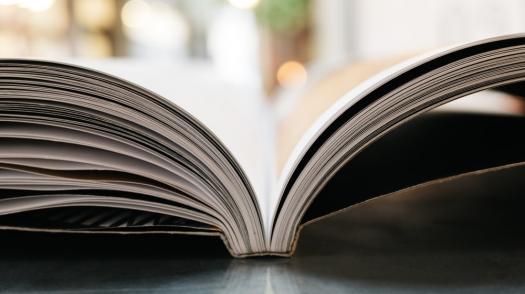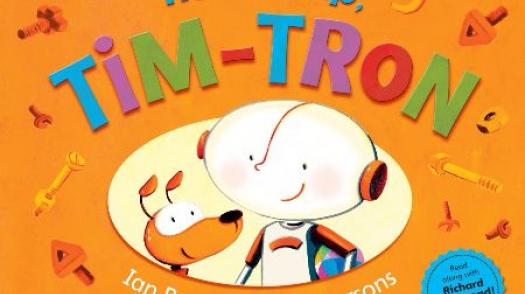
Memory issues and acquired brain injury
Read practical tips to help memory after an acquired brain injury.
Young people, and their parents, share the tips that helped them with memory loss after a brain injury.

Published: 09/06/2020
Short-term memory loss is a common and often ongoing challenge after a brain injury.
We spoke to some of our young people who have had a brain injury, and their families, to find out what helped them cope with – and improve – their memory issues.
“My memory suffered a lot, especially my short-term memory. I wasn’t able to remember things that were said to me 10 minutes before. I worked on improving my short-term memory because that was one of the big challenges I wanted to overcome. So I played loads of memory games and puzzles to help improve my memory. I played till I could win. It was like training my brain.”
“I use apps on my phone like calendar and notes so I know what I’m doing and what to buy etc.”
…And use good old pen and paper
“I feel that my memory was greatly affected by my brain tumour and still is. It can make life quite difficult at times. I keep a diary to remember all the things I need to do but often I forget I have a diary."
“I find posting notes on the fridge helps and also getting friends and family to prompt me to remember things.”
“My son takes his meds at the same time at night, follows a basic routine before he goes to bed, and uses the reminders on his phone for his planner and other things he needs to remember. I try to help by asking the same questions daily. Like, every day after school I always ask him if he has homework. Then he will go and look in his planner.”
“When my son gets home from school he puts all of his stuff in the same spot every day. This helps him not have to think about where he might have put his backpack etc."
“As parents, we find we can only give single instructions that work better with a visual aid too, as our daughter’s verbal processing is affected and so she cannot always remember/act on verbal instructions. She will sometimes argue that she wasn’t told something we have actually told her more than once (leading to frustration on both sides).”
“It’s best to work in a quiet environment without distraction and only working on the thing you are thinking about.”
“My cognitive issues and memory problems impacted hugely on my school work. Often I can’t remember having covered a topic in a previous lesson and I find I have to go over the same work multiple times to remember it."
“To other teenagers with a brain injury, I would say, it’s really important to talk to teachers about the problems you face and if they can’t help you go to the SENCO."
“I find it helps if teachers make me lists of things I need to do and I also have a couple of teaching assistants who will help go over topics I may have forgotten.”
“I write shopping lists so I don’t forget, and to remind me what I’m doing and when. I can refer to them and make sure I know what is going on. I write lists on my phone and on paper – which one I use depends on the situation and where/when I’m doing it.”
“At night before I go to bed I always text my son (so he can look at it later if he needs to), and tell him he took his meds and that I’m going to sleep. This is so he knows he took his meds and he won’t text or call me at 12am with a random question.”
For further information on memory following a brain injury, and more practical tips, visit https://www.braininjuryhub.co.uk/information-library/memory

Read practical tips to help memory after an acquired brain injury.

Our series of free books and resources aimed at children and families (P&P costs only).

At the age of 15 Joe had a traumatic brain injury. Now aged 22 he shares his tips on the things that helped him.